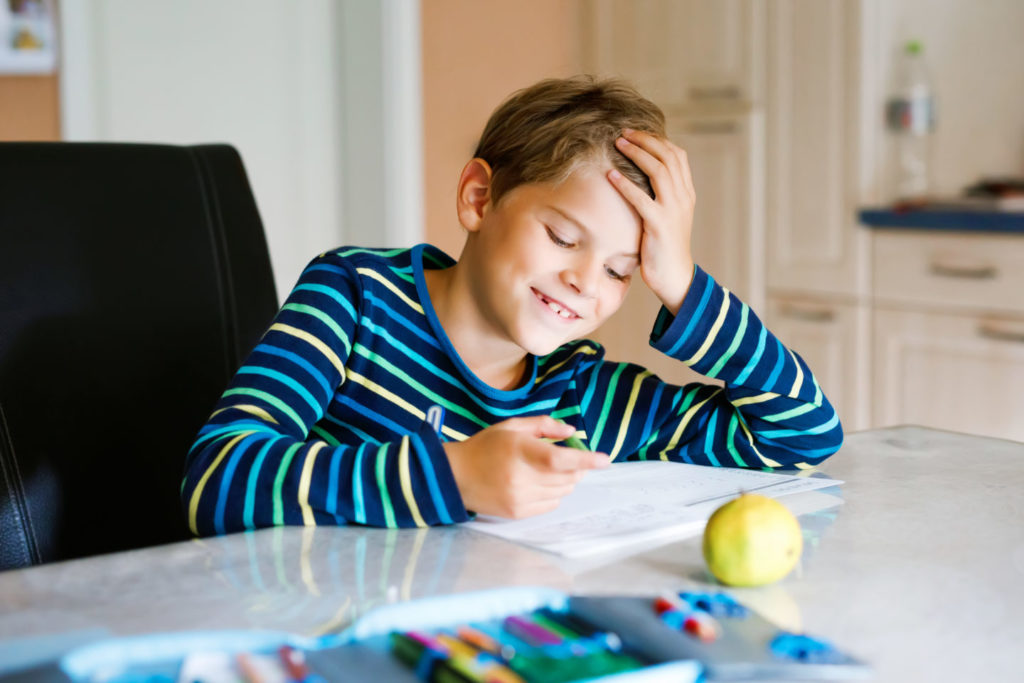The homeschool movement is here to stay, says HSLDA president Jim Mason
A few decades ago, homeschooling was all but extinct. Now, 2 million students nationwide are home-educated, largely thanks to advocacy groups such as the Home School Legal Defense Assocation…

A few decades ago, homeschooling was all but extinct. Now, 2 million students nationwide are home-educated, largely thanks to advocacy groups such as the Home School Legal Defense Assocation (HSLDA).
HSLDA’s now-president Jim Mason joined the organization in the early 2000s to defend families’ legal rights to homeschool their children.
In an interview with Chris and Christine Stigall, cohosts of the Making the Leap podcast, Mason notes the irony that the homeschool movement and the U.S. Department of Education started at roughly the same time.
“Which has proven to be more successful since the late 70s,” he asks, “the education department in Washington, D.C., dictating to all the public schools in America how they should behave, or the homeschooling movement?”
In recent history, nothing has promoted home education more than the COVID-19 pandemic.
“Many families going into COVID who would never have thought about homeschooling . . . experienced having their kids at home. More people were working remotely, and their kids were home with them,” Mason explained. “A lot of people who would never have thought of themselves as homeschoolers experienced it themselves, not voluntarily, and liked it and have stuck with it.”
Homeschooling rates rose dramatically from the spring to the fall of 2020. And while some families returned to traditional schools once they reopened, many others found homeschooling was better.
The Stigalls noted that home education is often censured by major media outlets, claiming it’s unaccountable and rife with religious or political indoctrination. But Mason sees a silver lining to the criticism.
“They are recognizing [in the major media] that homeschooling is here to stay. While some of the treatments are negative, it begins with the premise that we are here to stay, we’re an enduring institution, and they’re treating us that way, even with a little bit of hostility.”
It’s true homeschool groups are often wary of government regulation and public funding with strings attached. But it’s not because they have something to hide.
“Education really isn’t a function of the state,” Mason explained. “Education is a function of the family. Children are given to parents in the family by God, and it’s our duty as parents to make sure that they’re raised in the nurture and admonition of the Lord and prepared to be self-sufficient, contributing citizens in our nation.”
Still, Mason isn’t arguing every family needs to homeschool or oppose school choice programs.
“Parents have natural rights to direct the education of their children. It’s not my business to tell other parents how to do that,” he continued. “I chose home education; others choose private Christian schools. That’s your job to decide that. We just think that the parents ought to be the ones deciding it.”
For families who do choose to homeschool, HSLDA offers a variety of resources, including how to comply with each state’s homeschooling regulations.
“We have a lot of good information on how you can comply with your law in your state,” Mason said. “Each of the states has a different law, so you do need to know what the legal requirements are in your state.”
He also encouraged homeschool families to be rooted in community – not just so that kids can develop social skills, but so parents can have support.
“Find other homeschoolers and groups of people who are already doing it and plug into a community,” he urged. “One of the things that homeschooling parents and moms especially need to know is, ‘You can do this.’ Being with others who have chosen and are doing it and know how to do it help[s] you have the confidence to really step into it.”
Mason doesn’t want people to think homeschooling is just following a public school-type curriculum at home.
“I have seven kids, and I can tell you for sure that they have different personalities, different learning styles. Don’t fall into the trap of thinking you have to start at 8:30 and have English and Spanish and go right down through the day.
“You can actually accommodate each of your children in a way that’s best suited for them.”
The Making the Leap podcast is produced by The Herzog Foundation, which also publishes The Lion.



